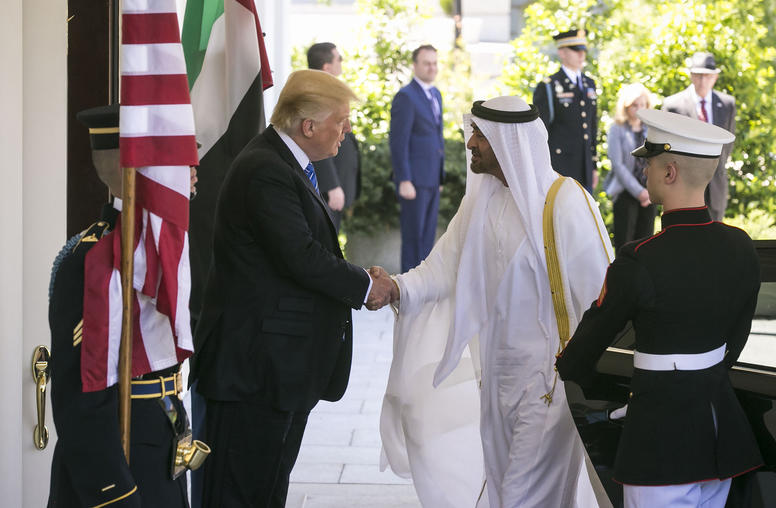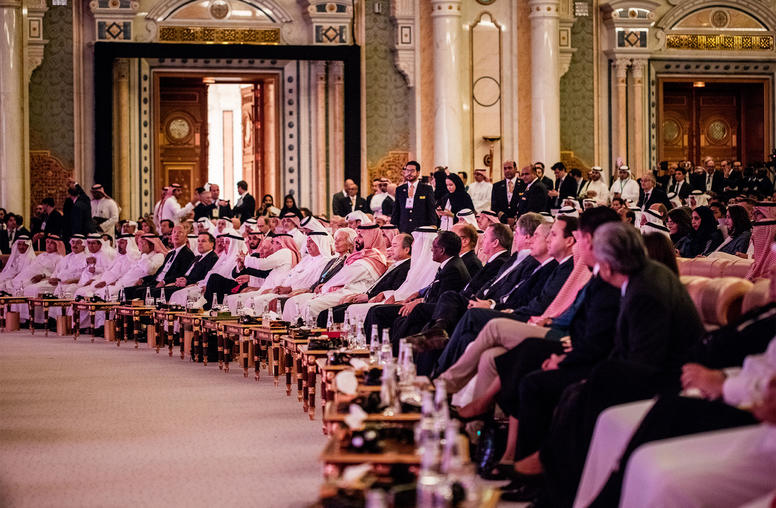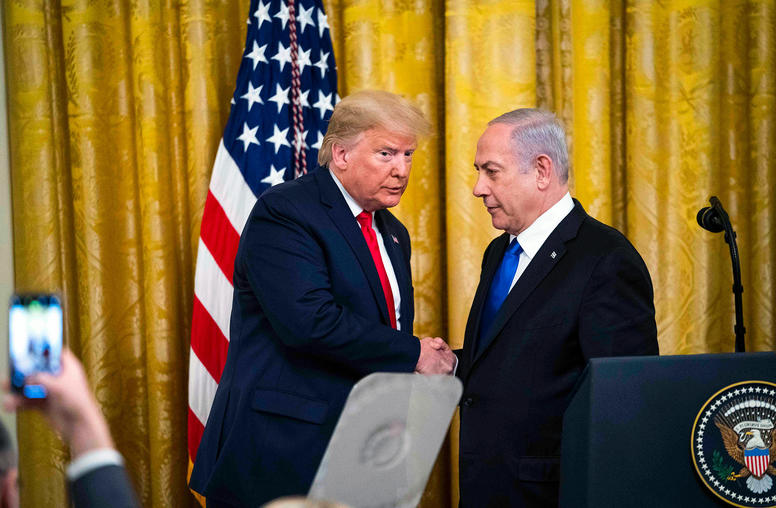Publications
Articles, publications, books, tools and multimedia features from the U.S. Institute of Peace provide the latest news, analysis, research findings, practitioner guides and reports, all related to the conflict zones and issues that are at the center of the Institute’s work to prevent and reduce violent conflict.

A New ‘Quartet’ for Israeli-Palestinian Peace
Good news for Israeli-Palestinian peacemaking seems rare, but this month’s diplomatic initiative by four states influential in Europe and the Middle East is a constructive development that should continue. On July 7, Egypt, France, Germany and Jordan joined to oppose Israel’s declared intent to annex territory that it has occupied since 1967. Vital actors, including Arab states and the European Union, have been unable to stop the march toward annexation and the attendant risks of renewed violence. Yet a partnership of key Arab and European states—the latest in a string of diplomatic “quartets” on the conflict—offers a foothold on which to build.

What Do Normalized Israel-UAE Relations Mean for the Region?
On August 13, the governments of Israel and the United Arab Emirates (UAE) announced that they had agreed to the full normalization of relations, in exchange for Israel suspending announced plans to annex large areas of the Palestinian territories. Dubbed the “Abraham Accords,” this agreement between Israel and the UAE—if fully implemented—would be the first Arab-Israeli reconciliation of its kind since the 1994 Israeli-Jordanian peace treaty, and stands to prevent, at least temporarily, Israeli-Palestinian and even broader regional deterioration that could have ensued in the wake of Israeli unilateral annexation. USIP’s Robert Barron looks at how the agreement came to fruition, what the United States’ role was, and what this means for the Israeli-Palestinian peace process and Israel’s relations with the Arab world at large.

After UAE Deal, How Can Arab States Impact Israeli-Palestinian Peace?
For decades, many Arab states were united in their hostility toward Israel and support for the Palestinian cause, even though in some cases that backing was simply rhetorical. In recent years, however, Israel and some Arab countries have engaged in a quiet rapprochement, spurred by common concerns over Iran’s influence in the region, among other things. The August 13 announcement of the “Abraham Accord” between Israel and the UAE was the most public and dramatic demonstration of these shifting regional dynamics. But what does this mean for the Israeli-Palestinian conflict and the role of the region in finding a resolution?

The Collapsing Foundation for Israeli-Palestinian Peace
The diplomatic agreements being signed this week among the United Arab Emirates, Bahrain and Israel present formidable challenges to the long-standing paradigm for peacemaking in the Israeli-Palestinian conflict and are yet to provide a viable substitute. While final contours of the agreements remain to unfold, their approach undermines the paradigm of providing an incentive for Israel to accept Palestinian self-determination as part of normalized relations with its Arab neighbors. With the Israeli-Palestinian divide wider now than any time since 1967, the erosion of these cornerstones for peacemaking is a precursor for an eventual new crisis.

Normalizing Sudan-Israel Relations Now is a Dangerous Game
With the UAE and Bahrain having joined Egypt and Jordan in declaring peace with Israel, those asking “who’s next?” often look enthusiastically westward, toward Khartoum. Adding new chapters to the Abraham Accords is in the U.S. interest, but so is a successful transition in Sudan. And the sequence of these steps is critical. A unified Sudanese government with a popular mandate will be better able to forge a warm and sustainable peace with Israel, whereas a rushed Israeli-Sudanese agreement has the potential to unravel Sudan’s transition and generate renewed support for Sudan’s Islamists and their foreign backers.
Q&A: Shimon Peres Visits Washington
Two USIP Middle East experts assess Israeli President Shimon Peres’s visit to Washington, DC, and the status of the peace process.

Israeli President Shimon Peres on Middle East Peace
Israeli President Shimon Peres recently spoke at USIP about the prospects for peace in the Middle East and the recent turmoil in the region.
USIP in 2010: Year in Review
USIP experts look back at 2010 and ahead to 2011 on Afghanistan, Pakistan, the Arab/Israeli conflict, gender issues, and more and look at how to manage international conflict, terrorism, violence, and instability around the world.
On the Issues: Arab/Israeli Outlook
December 27, 2009 marked two years since Israel's offensive in Gaza. Direct peace negotiations have stalled but Washington continues its attempts to broker a deal between the two sides. USIP expert Scott Lasensky recaps 2010 and shares expectations for Arab/Israeli negotiations in 2011.
Eye on Egypt and the Middle East
The U.S. Institute of Peace continues to follow the developments in Egypt and the Middle East. Read about USIP's work on Christian-Muslim relations in the Middle East, work on national security issues, democratization, and more.